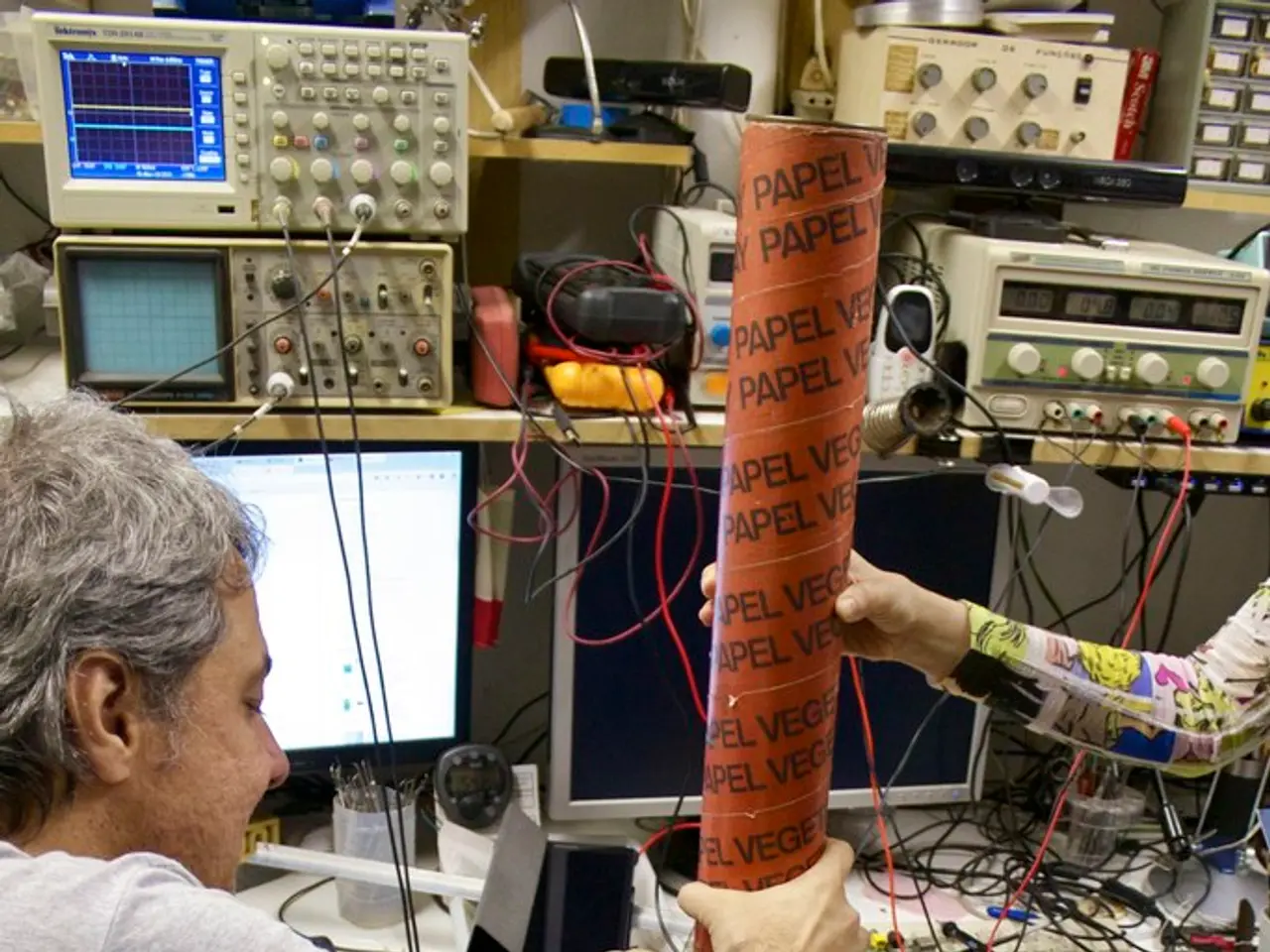Linking Educators with Students' Emotional Condition to Enhance Academic Success
In the realm of higher education, student drop-out and academic disengagement have long been pressing issues. A novel framework is being implemented in institutions worldwide, aiming to address these challenges head-on. This innovative approach combines human observations, electronic sensors, and machine learning to provide personalized, timely interventions that improve retention and academic success.
At the heart of this framework are Early Alert Systems. These systems monitor student attendance, coursework, academic performance, and engagement indicators to identify at-risk students early. They use data collected via electronic systems, such as learning management system logs and attendance sensors, combined with human input like faculty observations. Machine learning algorithms analyze this data to predict drop-out risks or disengagement, enabling timely outreach and support interventions by advisors or counselors.
Once at-risk students are identified, personalized academic support and advising come into play. Human advisors provide targeted support including tutoring, counseling, and mentorship to help students overcome academic challenges or motivational issues identified by monitoring systems.
Some institutions also deploy AI-driven student engagement platforms. These platforms collect data from various electronic sensors, such as classroom participation trackers and activity in learning platforms, and combine it with student feedback and observational data. They provide personalized communication, adapt learning paths to individual needs, and promote engagement by recognizing disengagement patterns early.
The framework also integrates psychological and social factors. Solutions incorporate assessments of self-efficacy and motivation, sometimes through surveys or sensor-based behavioral observation, to refine machine learning models and interventions. Engagement strategies include human-centered approaches such as involving families and faculty in support, which complement sensor data and analytics.
The framework profiles students in critical situations such as disengagement, attention deficit, drop-out, and sociological issues. It sets real-time alerts when student profiles indicative of critical situations are detected. Technologies like eye tracking devices and emotion detection through automatic facial expression recognition software are employed to gather analytic data from emotions, affects, and behaviors.
The goal of this framework is to provide insightful real-time cognitive data to enable a faster personalized response to help students. The aim is academic performance improvements by offering a comprehensive, proactive, and precision support system that addresses the complex, multifactorial issue of student drop-out.
However, it's important to note that this framework does not discuss the potential privacy concerns or ethical implications of its data collection and analysis methods. Additionally, there is a shortage of educational resources that can bridge the communication gap between faculty staff and students with affective needs.
Examples of effective implementation include UC Berkeley’s ecosystem of academic support with faculty mentorship supported by data monitoring and Modern Campus's AI-driven student engagement solutions that use data analytics to tailor interventions. As this integrated framework continues to evolve, it promises to revolutionize the way higher education institutions support their students, creating a more inclusive and successful learning environment for all.
References:
[1] Modern Campus. (n.d.). Student Success Platform. Retrieved from https://www.moderncampus.com/student-success-platform/
[2] University of California, Berkeley. (n.d.). Student Learning Centre. Retrieved from https://slc.berkeley.edu/
[3] Dede, C., & Midgley, C. (2018). The Emergence of Intelligent Tutoring Systems. In Encyclopedia of Educational Technology (pp. 1-12). Springer, Cham.
- The framework, implemented in institutions globally, employs eye tracking devices and technology, integrating science and health-and-wellness, to analyze students' cognitive data, thereby providing personalized and timely interventions in education-and-self-development for improving academic success and health.
- Beyond academic performance, this novel framework in higher education also acknowledges the significance of emotional well-being, addressing potential privacy concerns and ethical implications through the development of resources that foster effective communication between students and faculty, emphasizing the importance of education-and-self-development as a holistic practice.




